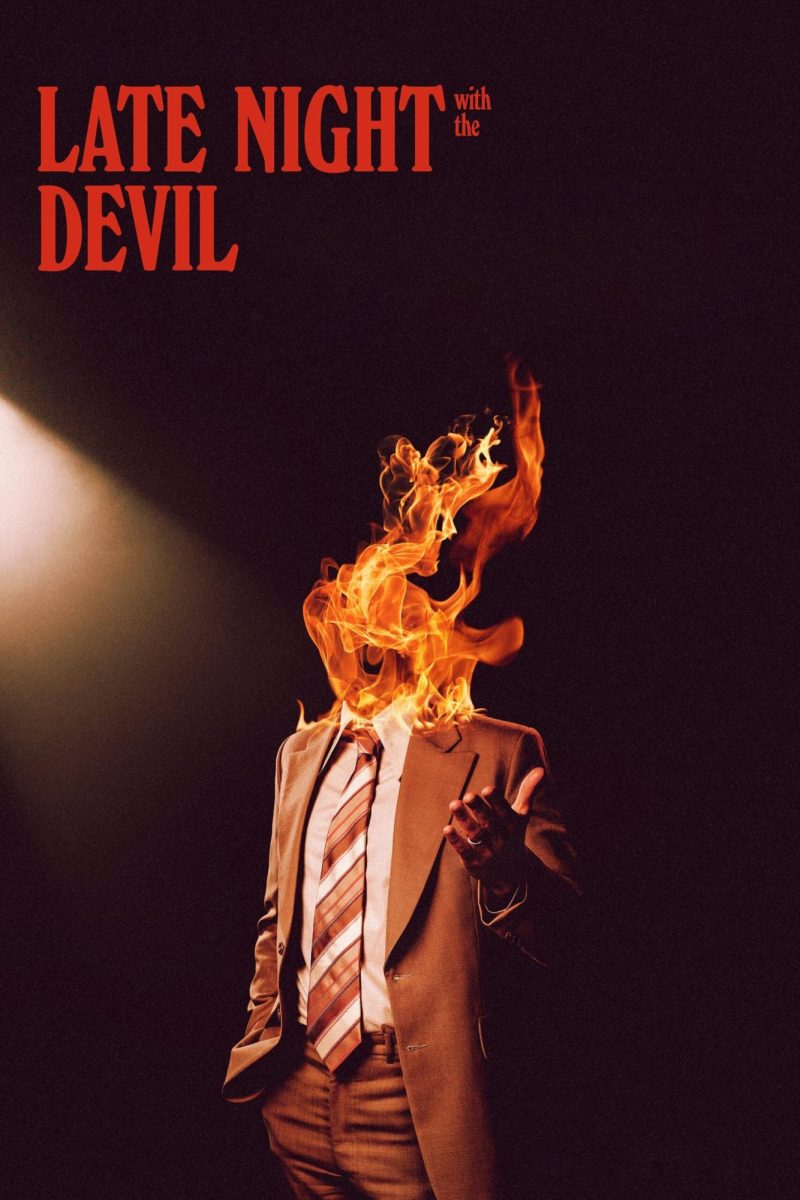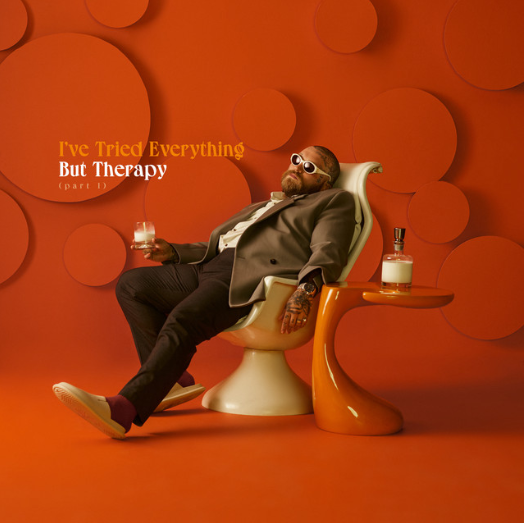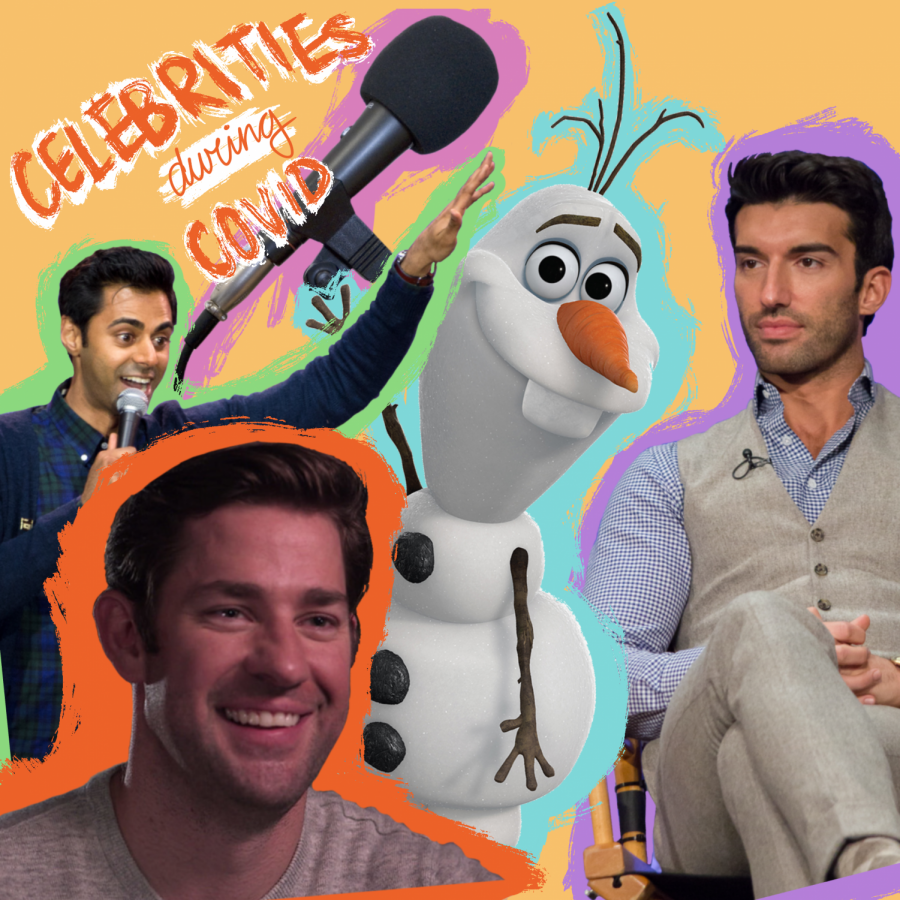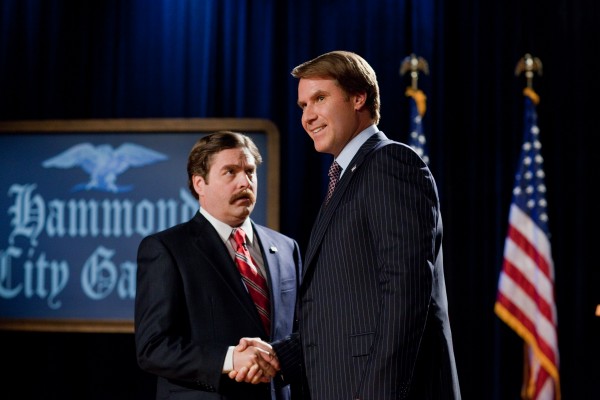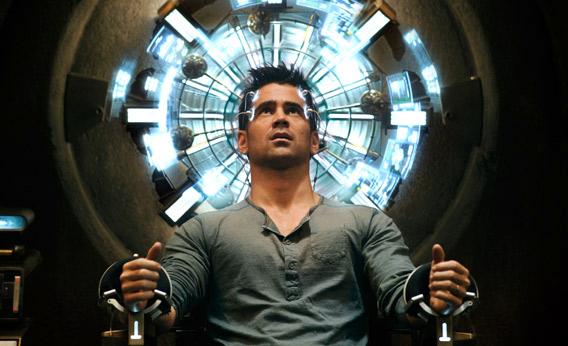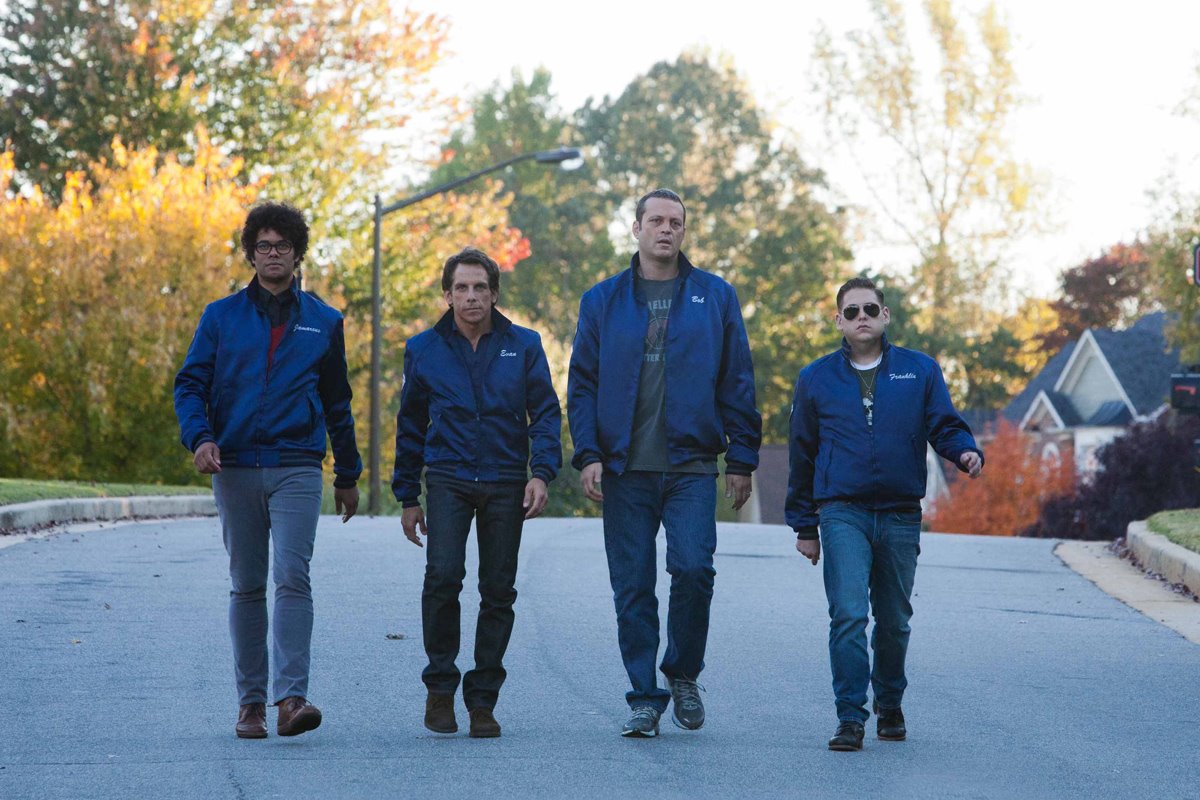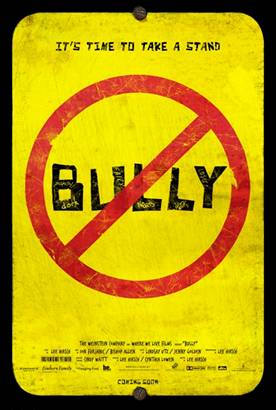
We are taught, when bullied, to retort, “Why don’t you pick on somebody your own size?” Lee Hirsch’s new documentary “Bully” asks, “Why do you pick on anybody at all?”
At least, it thinks it does. “Bully” is a more successful empathy piece than an exploration of the psychology behind bullying. The film does not offer much in the way of solutions either. But, coming at an activist moment, “Bully” works with point-of-view in order to inspire empathy.
“Bully” is an incomplete documentary. Hirsch cherry-picks four middle-to-high school students and gives them an ear.
We meet Alex, a boy called “weird” and “fish-faced,” who has trouble communicating with his parents. Even at home, Alex is an outcast, with his younger sister telling him “people make fun of me because I’m your sister.” When the filmmakers finally intervene and show Alex’s parents footage of him being bullied on the school bus, Alex’s mother seems more upset that he never told her than she is that he is being bullied. How’s that for family support?
We meet Ja’Maya, a 14-year-old girl who took her mother’s gun on her school bus after being bullied excessively. Ja’Maya finds herself in a juvenile detention center with 45 felony charges. Too little of her story is offered to really make Hirsch’s point – that Ja’Maya was driven to violence by circumstance – and Ja’Maya’s story focuses mainly on her mother.
We meet Kelby, a 16-year-old who recently revealed she is a lesbian. Kelby lives “in the heart of the Bible belt.” Despite her parents’ offers, Kelby refuses to move and believes in being an activist and a figure.
We meet Tina and David Long, whose son committed suicide as a result of bullying. Their story of turning tragedy into activism marks the film’s clearest gesture toward a solution and really deserved its own film.
In asides, we also meet Kirk Smalley – a father-turned-activist whose son committed suicide – and another little boy who claims to have cured his own bullying by standing up to his assaulters. The inclusion of this boy’s story is vexing because, of course, the little boy does not see the whole story, and thus Hirsch seems to suggest that some kids just need to stick up for themselves. Surely he cannot mean that.
“Bully” is a moving film. Its greatest strength is its ability to give voice to the voiceless and put a face on these sweet little helpless kids whose only offense is that they do not fit in. The film also succeeds in portraying the ineffectiveness and buffoonery of those who are supposed to protect those children. One superintendent blames a bullied boy for “being just like” his bully because he did not shake his hand. In a later scene, she looks at the kids boarding the bus and calls them her “little cherubs.” She insists that the bus is safe, despite the cry of the parents. This woman is simply missing the point.
Furthermore, Hirsch’s choice of subjects does not reflect the bullying that occurs across the nation. All of the subjects are from the Midwest, as if bullying does not happen on the more advanced and sophisticated American coasts. The film would have benefited from either telling just one story or becoming a documentary television series.
As alluded to before, the story of the activist parents offers the clearest solution and note of hope. Otherwise, Hirsch never seems to care what might have caused all this violence. I was left wondering “Why do all of these kids have such immediate access to guns?” and “Why do they assume that is a viable option?” What about these parents and the breakdown of communication between them and their children?
Bullying is an epidemic in the American school system. It is finally receiving media attention and is being treated as a national problem. Celebrities like Justin Bieber with his new single and Ellen Degeneres with the “It gets better” campaign have taken it on themselves to spread a positive message. So, it is hard not to appreciate a film that takes such a firm empathetic and activist stance on an issue that has caused the death of so many innocents. Bullying is like cancer; are you really going to make an ambivalent film about it?
“Bully” is admirable, but half-baked. Perhaps the most intelligent and touching gem from the film comes from the best friend of one of the boy’s who committed suicide. In maybe the film’s best scene, this boy takes a walk into the woods and shows the camera where their secret clubhouse was, recounting all the fun he and his late friend used to have. Then the boy muses, “if I were the King of the United States, I would make it so that there was no such thing as popularity. Everyone would be equal ‘cause that’s how it’s supposed to be.” If more children (and parents and superintendents) thought this way, then perhaps it would indeed get better.
B-


